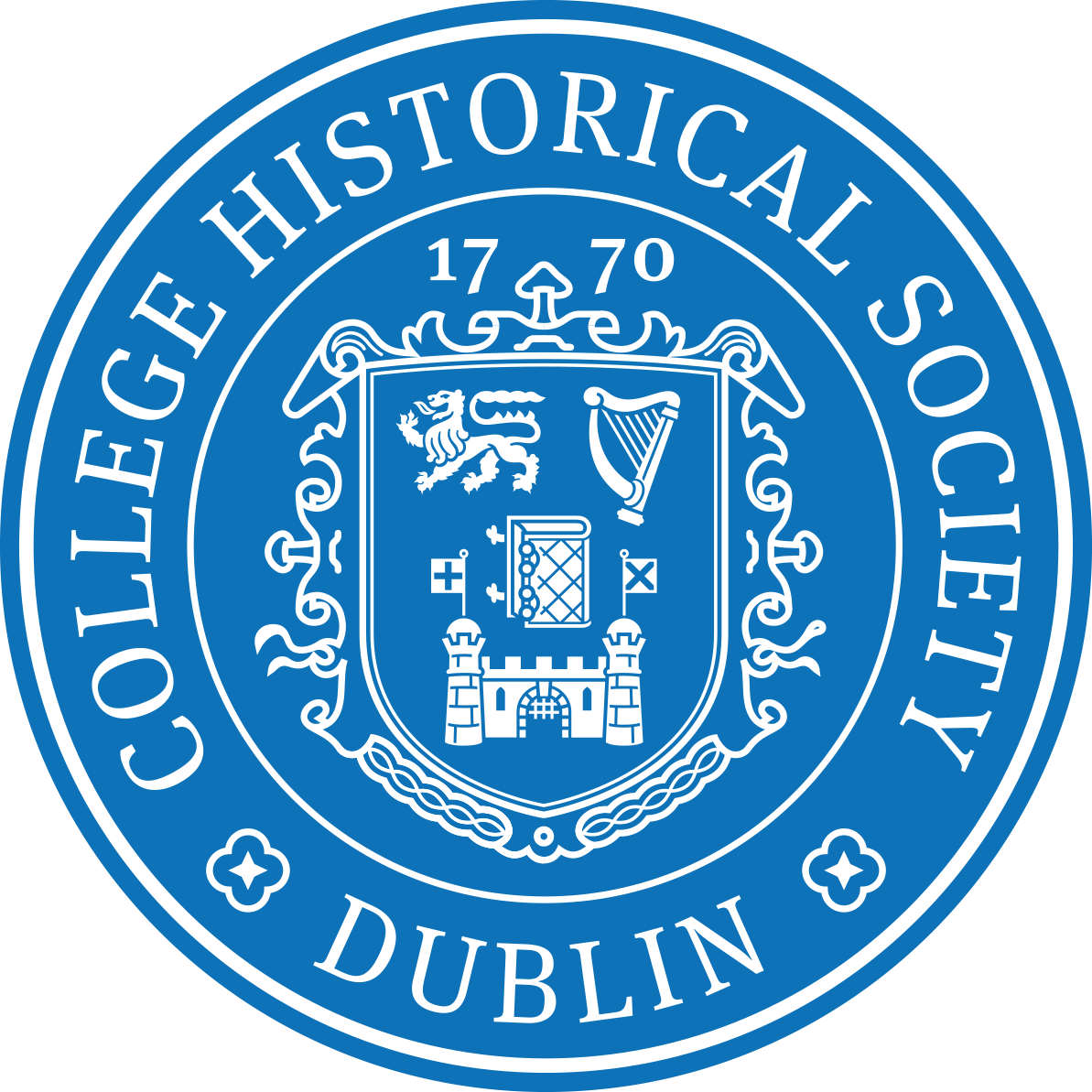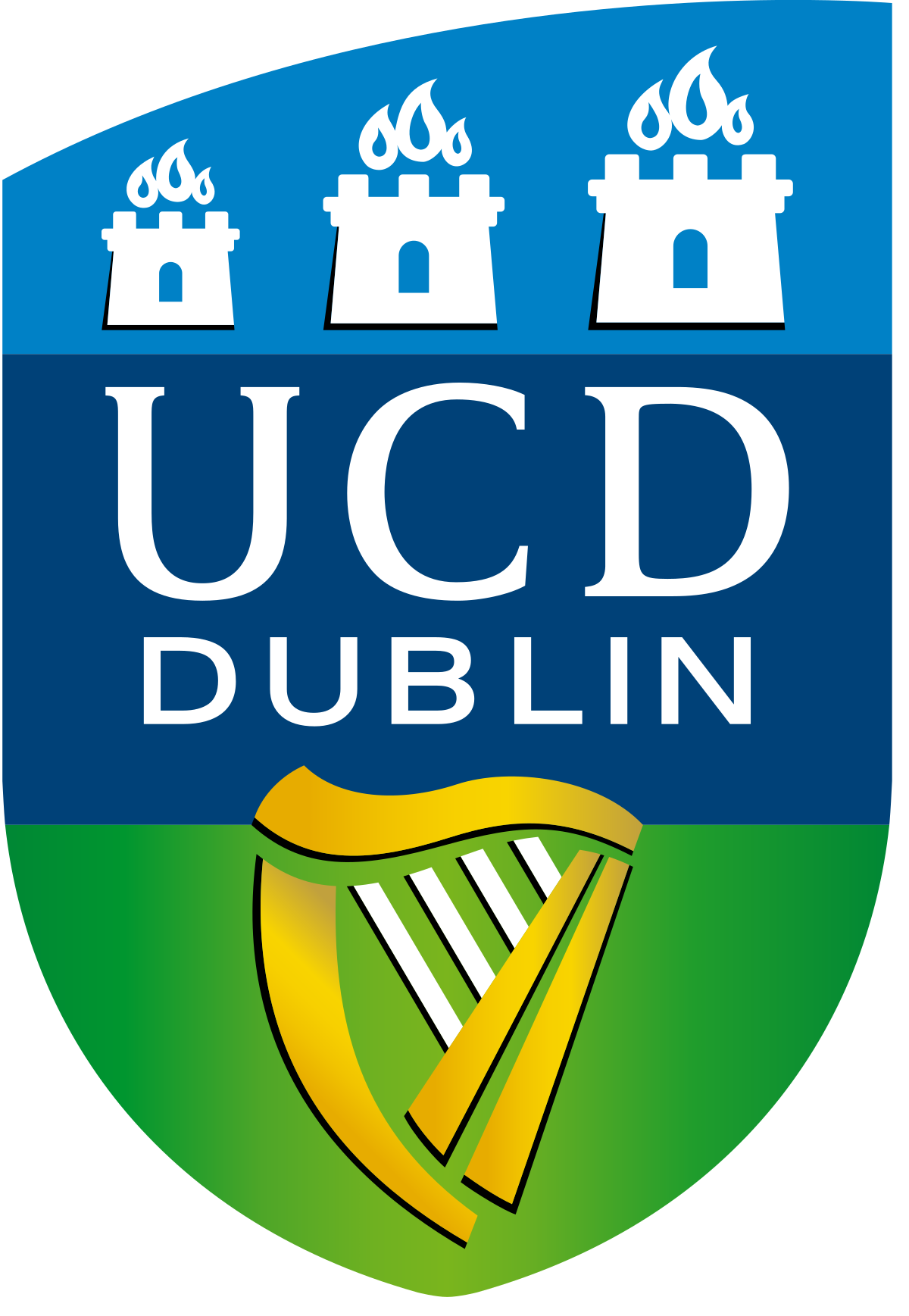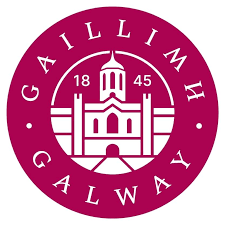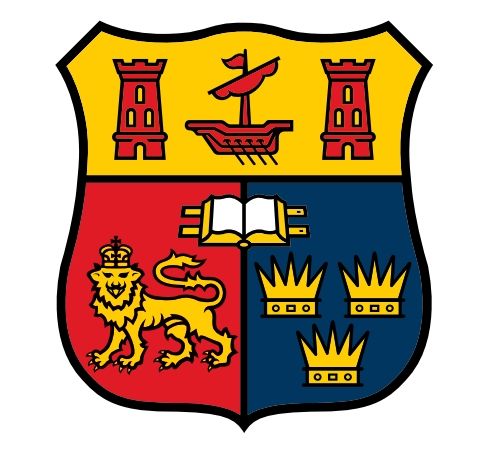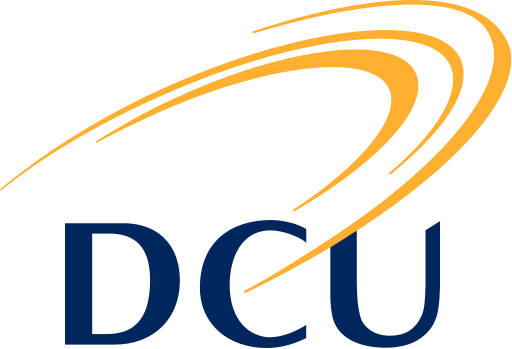

Why Study in Ireland ?
Studying in Ireland offers a unique blend of high-quality education, cultural richness, and stunning landscapes. Ireland’s universities are globally recognized for excellence in technology, science, and business. With a strong emphasis on innovation and research, students gain valuable skills for the global job market. The country’s welcoming atmosphere, vibrant student life, and access to major tech hubs make it an ideal destination for international students seeking both personal and academic growth.
- Globally Recognized Education
- Student-Friendly Environment
- Post-Study Work Opportunities
Dailing Code
+353
Emergency Number
112 / 999
Universities and Colleges
33+ universities
Exchange Rate
≈ 93.13 INR
Official Languages
Irish and English
Population
5.2 million people
Top Universities in Ireland
Ireland is home to 9 globally ranked universities according to the QS World University Rankings 2024,
making it a growing destination for Indian students seeking quality education abroad.
All Universities
| University | Location | IELTS | Ranking |
|---|---|---|---|
| Harvard University | Cambridge, United States | 6.5 | 4 |
| Yale University | New Haven, United States | 7.0 | 23 |
| Stanford University | Stanford, United States | 6.5 | 6 |
Admission Requirements to Study in Irleland
Key requirements for studying in the Ireland that you must fulfill when applying to a Ireland university:
Core Verification Documents
- Copy of a valid passport
- Proof of English proficiency (TOEFL/IELTS)
- ACT/SAT/LSAT (UG) · GMAT/GRE (PG)
- Academic transcripts
- Evidence of funds
Supporting Application Materials
- Academic references
- Employer recommendation
- CV / Resume
- Statement of Purpose (SOP)
- Essays (if required)
- Portfolio
- Certificates of extracurriculars
Cost of Studying in Ireland
The total cost of studying in Ireland can vary depending on various factors such as the type of university, location, and individual lifestyle choices. Take a look at the estimated breakdown of the cost of studying in Ireland below.
The average tuition fees for international students in Ireland vary depending on the level of study and field of study. Undergraduate programs tend to be more expensive compared to postgraduate courses.
- Public Universities :€9,000 - €25,000
- Institutes of Technology : €7,500 - €12,000
- Private Colleges : €9,000 - €20,000
- Medical and Health Sciences :€25,000 - €50,000

In addition to the tuition fee, students must know all the other expenses that might be important to plan their budget accordingly.
- Accommodation:€500 - €1,200
- Utilities (Electricity, Internet, etc.) :€100 - €200
- Food and Groceries : €250 - €350
- Transportation (Public) :€100 - €150
- Miscellaneous (Leisure, etc.) :€100 - €200

Visa to Study in Ireland
International students planning to study in Ireland have several visa options available, depending on the duration and purpose of their stay. Here are the main visa types:
Short Stay Study Visa (C Visa)
Enrolled in a course lasting less than 90 days
Long Stay Study Visa (D Visa)
Required for international students pursuing full-time courses like undergraduate or postgraduate degrees.
Third-Level Graduate Scheme
Allows graduates to stay in Ireland for up to 24 months to seek employment or apply for a work permit.
PhD Visa
Supports long-term stay for the duration of the PhD program, with opportunities to work part-time.
Student Internship Visa
Permits students to undertake internships or placements as part of their course curriculum.
Part time Careers and Work Opportunities
Germany offers a variety of part-time work opportunities for international students, helping them gain valuable work experience while studying. Some key employment options include:
Part-time Work Opportunities
Ireland offers a range of part-time work opportunities for international students, allowing them to gain valuable work experience and supplement their income during their studies.
Post Study Work VISA
After graduation, international students in Ireland can stay for 12–24 months under the Third Level Graduate Programme to seek work or gain experience.
Top Trends in the Ireland Right Now
Duolingo Accepting Universities in the UK for This Year
The UK is a favoured destination for international students due...
Read MoreUK Universities Without IELTS for International Students
For the majority of students, pursuing higher education in the...
Read MoreA Brief Guide on Google Word Coach Quiz
Google Word Coach Quiz is an interactive tool that is...
Read MoreFrequently Asked Questions
Non-EU students need a student visa, which can be obtained by contacting the Irish Embassy or applying through the Department of Foreign Affairs.
Yes, non-EU students can work up to 20 hours per week during the academic year and full-time during holidays.
Living costs range from €600 to €1,000 per month, depending on the city and lifestyle.
Universities primarily offer scholarships and vary based on eligibility criteria. Government scholarships are limited.
Yes, graduates can apply for a post-study work visa to stay for up to 24 months to seek employment, depending on their level of education.















